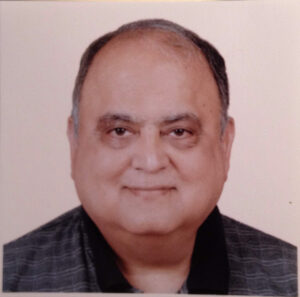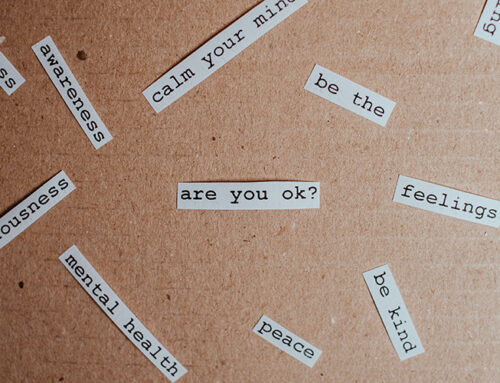If “What do you want from life?” was a question posed on the game Family Feud, nine out of ten people would say “to be happy.” Even though most people want to seek happiness in their lives, few really know what true happiness is.
From the Greek philosopher Aristotle, to the father of psychoanalysis Sigmund Freud, to the creator of Peanuts, Charles Schultz, to writers and thinkers – so many people have offered a wide-ranging definition of happiness. Aristotle wrote, happiness is “an expression of the soul in considered actions.” Freud states, “it’s a matter of liebin and arbeiten – to love and to work.” Shultz quipped, “happiness is a warm puppy.” Mohandas Gandhi said, “happiness is when what you think, what you say and what you do are in harmony.” Helen Keller remarks, “happiness cannot come from without. It must come from within. It is not what we see and touch or that which others do for us which makes us happy; it is that which we think and feel and do first for the other fellow and then for ourselves.”
Often, happiness is confused with pleasure. Pleasurable activities make people happy, but that may not be long-lived. Pleasure is short-lived and happiness is long-lived. In the words of Robert Lustig, the author of Hacking of the American Mind, “Pleasure is taking, happiness is giving. Pleasure can be achieved with substances, while happiness cannot. Pleasure is experienced alone; happiness is experienced in social groups. The extremes of pleasure lead to addiction, yet there is no such thing as being addicted to happiness.”
Lustig also observes that pleasure is like dopamine, and happiness is like serotonin. There is one thing that down regulates serotonin, which is dopamine. So, the more pleasure you seek, the more unhappy you become. For example, Las Vegas, Madison Avenue, Wall Street, Silicon Valley, and Washington DC all have one thing in common: they sell a conflated version of happiness, which makes us think we can buy happiness. And, through this very process, we fall into their marketing trap and realize how unhappy we actually are.
While some people are born happy, others have to work hard to achieve it. Martin Seligman, PhD, has pioneered his research on happiness, and believes that happiness can be learned. He identified the following traits to be happy: wisdom, courage, humanity, justice, temperance, and transcendence.
Each of these traits contributes to a specific aspect of experiencing happiness.More knowledge enables us to become adept in life’s adversities. Courage helps us overcome obstacles to achieve our goals. Serving humanity and believing in justice gives us a sense of satisfaction. Temperance prevents us from excesses in our lives. And finally, transcendence – gratefulness – strengthens our connections to a Higher Power and purpose.
Happiness is multi-faceted, and everyone has his or her own interpretation of what happiness really means. I’ll leave you with a quote from Benjamin Franklin: “The Constitution only guarantees the American people the right to pursue happiness – you [the people] have to catch it yourself.”
 By Ashok I Khushalani, MD, DLFAPA
By Ashok I Khushalani, MD, DLFAPA
Adult and Child and Adolescent Psychiatrist and Personal Coach
Humble, Texas
Featured image by Pexels from Pixabay






